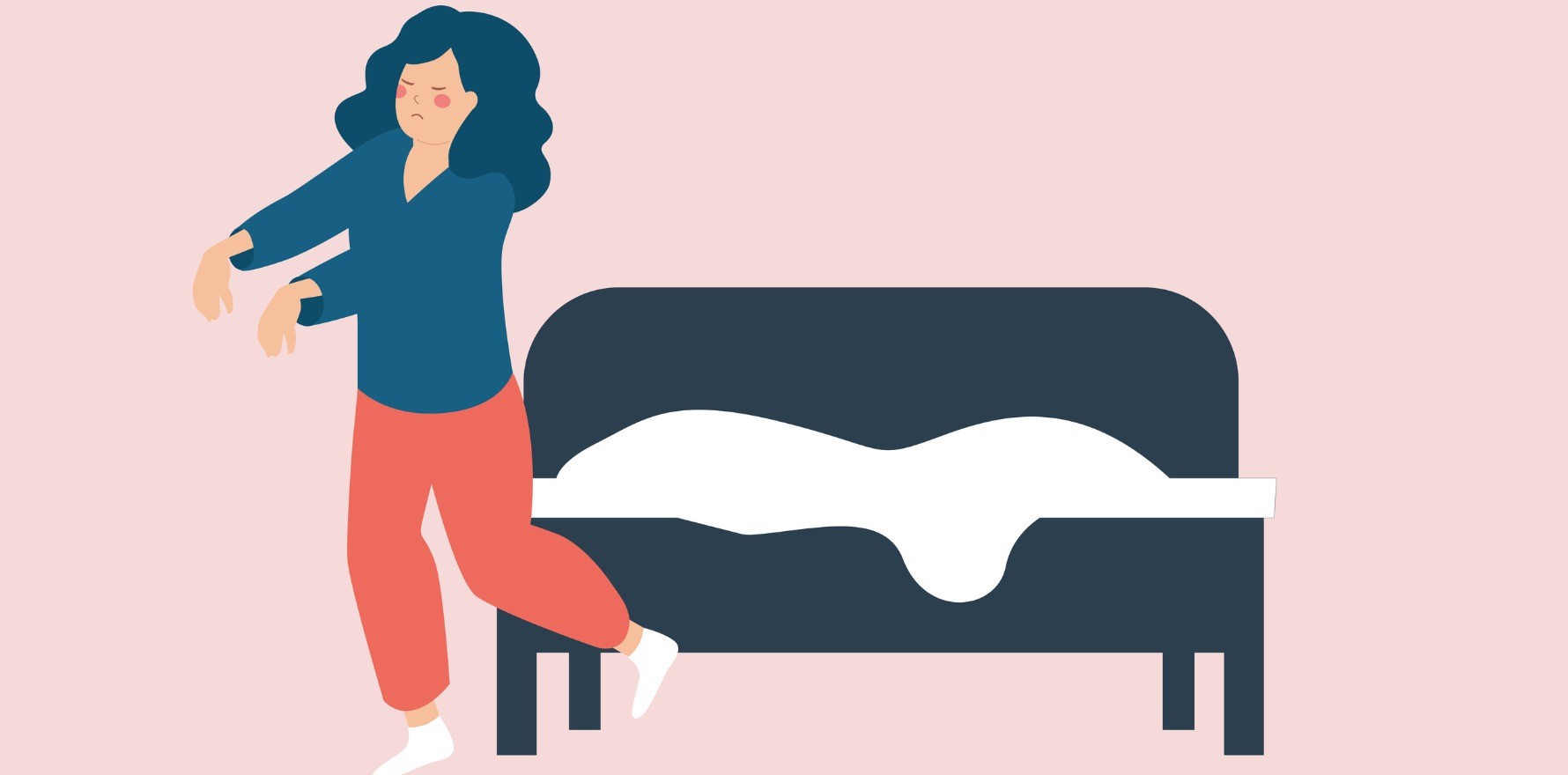Better funding for long consults is needed to provide ‘complex’ care for menopause and perimenopause, says the college’s president.
Inadequate Medicare rebates, expensive medication and a lack of funded training are a few of the many barriers to quality menopause care, says the RACGP.
Melbourne-based GP and Australasian Menopause Society board director Dr Marita Long told The Medical Republic that while not all those facing menopause will need treatment for their symptoms, “all are at risk of consequences”.
“Menopause is a significant transition point in the development of chronic diseases for women,” she said.
“It’s the perfect time to look at preventative health to ensure women not only live a longer life but a better life.”
Today, the RACGP published its submission to the Senate Community Affairs References Committee Inquiry into issues related to menopause and perimenopause.
According to the RACGP, 20-25% of those going through menopause may experience severe, chronic symptoms that require treatment.
But too many are missing out on this “complex” care due to a lack of suitably-subsidised GP appointments, said RACGP president Dr Nicole Higgins in a statement.
“One of the barriers to quality menopause care is patients having enough time to spend with their GP – current Medicare subsidies don’t adequately support people who need longer appointments,” she said.
“Menopausal symptoms can have numerous physical and mental health impacts, and preventive care and risk screening is also important.
“Longer appointments are essential to provide a comprehensive assessment and discussion of treatment options.”
Dr Long concurred that many consultations, including those for menopause, need time.
“The menopause and perimenopause consultation requires time – more so than ever now as there is so much discussion about menopause in the media, some of which is helpful, some unhelpful,” she told TMR.
Dr Long said that on top of exploring symptoms and possible management, a comprehensive psychosocial history is necessary as a starting point, meaning multiple appointments of a decent length are often needed.
“Medicare has kept telehealth rebates for women seeking health care so that’s great – particularly for women in rural and remote locations,” added Dr Long.
“However, the rebates have not kept up with inflation so most doctors need to charge a co-payment which can be unaffordable for many women,” she added.
The financial burden of early retirement due to menopause also has a “huge economic impact”, noted the college, “with menopause estimated to cost Australians experiencing menopause $15.2 billion in lost income and superannuation for every year of early retirement”.
Beyond better funded care, GPs need better funded training, added Dr Higgins.
“While more women are becoming GPs than men, and with this comes personal understanding of the issue, funding to support and encourage participation in training would be valuable for all GPs Australia-wide,” she said.
“This will help ensure high-quality, evidence-based care is accessible for everyone who needs it.”
Dr Long added that education for the public and other health professionals, like endocrinologists, obstetricians and gynaecologists, is also important.
“Public awareness is very poor and vulnerable to celebrity influences who advocate for products/services with no evidence-base,” noted Dr Long.
She added that conflicting information can be confusing for GPs and patients alike, so research identifying knowledge gaps and expert-advised education to address these gaps is needed.
Education in symptom recognition and a “systematic evidence-based approach to management”, including non-drug therapy, must be incorporated into at all levels of training, added the RACGP in its submission.
Related
The cost of menopause treatment poses “another big barrier” to quality menopause care, added Dr Higgins.
“Many MHT products are not available on the PBS making them too expensive for some patients, and Medicare subsidies for IUD insertion are still too low,” she said.
Cost is also a barrier to psychological and psychiatric services that may be important for menopause care, added the RACGP in its submission.
According to Dr Higgins, the space is also lacking research into culturally appropriate best practice for many minority groups, including for First Nations peoples.
“Current language and health promotion around menopause used within mainstream health settings may not be appropriate for Indigenous settings,” noted the submission.
Research within the LGBTQIA+ community has mostly focused on the lesbian community, with little research for other members of the community, added the submission.
Also, there remains a lack of easy English resources, for culturally and linguistically diverse patients.
The inquiry is accepting submissions until 15 March and is expected to publish its report by 10 September.





